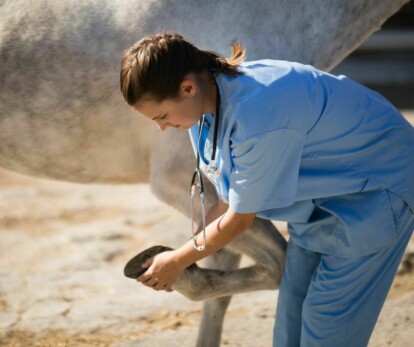Why schemes like RSPCA Assured are welfare washing a hopeless existence for farmed animals


The article discusses the moral imperative for veterinary professionals, including vets and vet nurses, to adopt a vegan lifestyle. It argues that those in the veterinary sector, who witness both the best and worst treatment of animals, should lead by example in reframing public perceptions of fellow animals as sentient beings.
The piece explores the reasons behind the cognitive dissonance observed in many veterinary professionals who are not vegan, including the veterinary profession’s entanglement with animal agriculture, ethical dilemmas, and societal attitudes. Given their oath to ensure the health and welfare of all animals, the article argues that veterinary professionals have a moral responsibility to reject animal exploitation and cruelty by adopting a vegan lifestyle.
The article also highlights changes within veterinary education and features examples of vegan vets and organisations advocating for plant-based lifestyles in the profession.
~ What is veganism?
~ The veterinary oath
~ Cognitively dissonant behaviour in the veterinary professional
~ An ethical dilemma
~ What else fuels the cognitive dissonance of vets who treat and eat animals?
~ The moral responsibilities of veterinary professionals
~ Change is happening
~ The vegan vets and veterinary nurses already leading by example
~ Conclusion